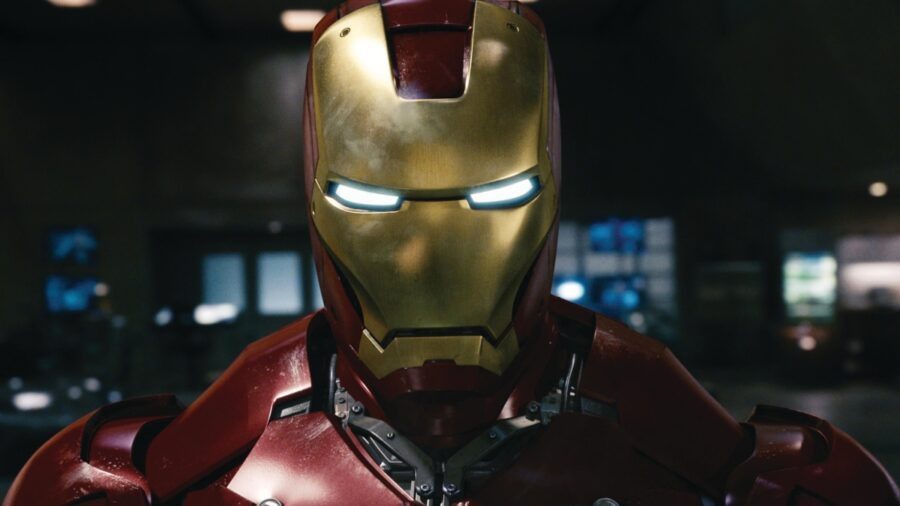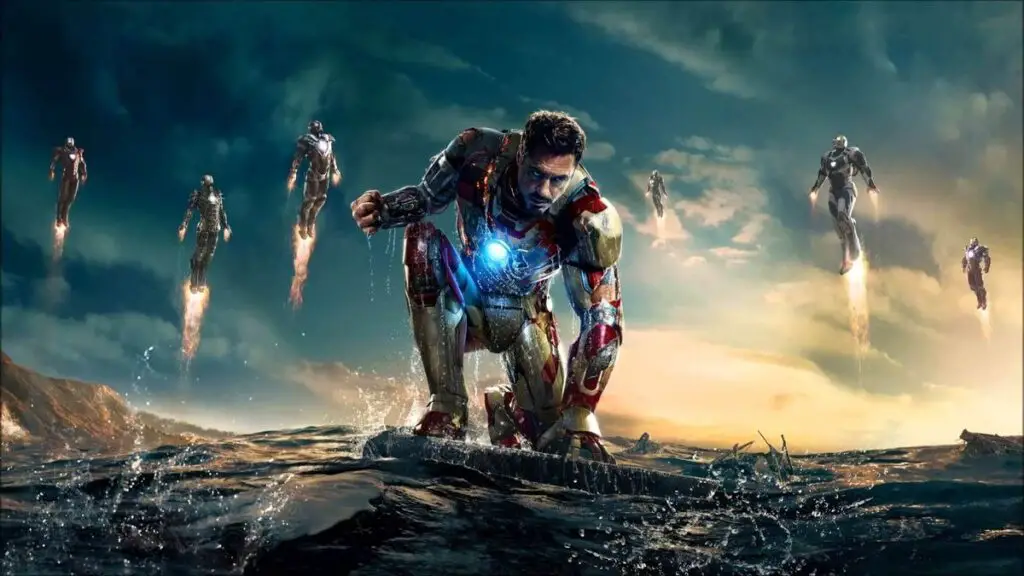In the nascent stages of its cinematic journey, Marvel Studios embarked on a venture that blossomed into an awe-inspiring success. The initiation of interconnected storylines, commencing with “Iron Man” in 2008, not only captivated audiences but set a groundbreaking precedent in the film industry. The meticulous intertwining of individual tales into a grand narrative arc was seen as a revolutionary approach, garnering a gargantuan fan base and establishing the Marvel Cinematic Universe (MCU) as a behemoth in the cinematic realm. The seamless fusion of humor, action, and drama, coupled with the allure of beloved characters, set Marvel on a pedestal, creating a fervent anticipation for each new installment in its cinematic tapestry.
The MCU became a colossal titan, its narrative arcs an exemplar of innovative storytelling. Audiences reveled in the meticulously crafted universe, where each film was a puzzle piece in a much larger, grandiose picture. The narrative continuity provided a rich, immersive experience, making the MCU a tour de force in modern cinema. The anticipation for each subsequent release was palpable, with fans eagerly dissecting every trailer, every scene for hints of what awaited in the MCU’s unfolding saga.
Marvel’s storytelling prowess was not confined to the silver screen alone. The allure extended to television series, creating a multimedia narrative realm that was unparalleled. The holistic Marvel experience became a cultural phenomenon, transcending geographical and linguistic barriers. It was not merely a series of films; it was an epic narrative voyage that audiences around the globe were thrilled to partake in.
From Summit to Precipice: The Unforeseen Repercussions of Marvel’s Cinematic Framework

However, the once revered narrative technique now seems to be ensnaring the MCU in a web of its own making. Recent developments hint at a horizon not as bright as the past. Reports suggest a bubbling turmoil behind the scenes, with debates on character replacements due to unforeseen contingencies like actor Jonathan Majors’ legal entanglements, indicating a possible shift from Kang the Conqueror to Doctor Doom. This, alongside other undisclosed backstage discord, may be signaling a period of unease within the once impervious franchise. The narrative complexity that was once Marvel’s forte now appears to be a double-edged sword, with fans left pondering the future direction of the MCU, and critics scrutinizing the sustainability of its cinematic model.
The essence of the discord lies perhaps in the very fabric that made Marvel a cinematic marvel. The intricate, interconnected narrative, while a tour de force, now presents a labyrinth of challenges. Each new installment is not merely a fresh narrative but a complex cog in an ever-evolving narrative machine. The stakes are higher, the scrutiny intense, and the margin for error, minuscule. The maneuver through legal, logistical, and creative mazes has become an intricate dance, a far cry from the initial days of narrative freedom and exploration.
The MCU’s endeavor to maintain its narrative cohesion while adapting to unforeseen real-world challenges showcases a compelling drama unfolding both on-screen and off-screen. As the MCU navigates through these turbulent waters, the global fandom watches with bated breath, hopeful yet apprehensive of the unfolding chapters in Marvel’s illustrious cinematic saga. The resonance of Marvel’s narrative acumen will perhaps echo through cinematic history, but as the MCU stands at a narrative crossroad, the path ahead seems both exhilarating and precarious.


